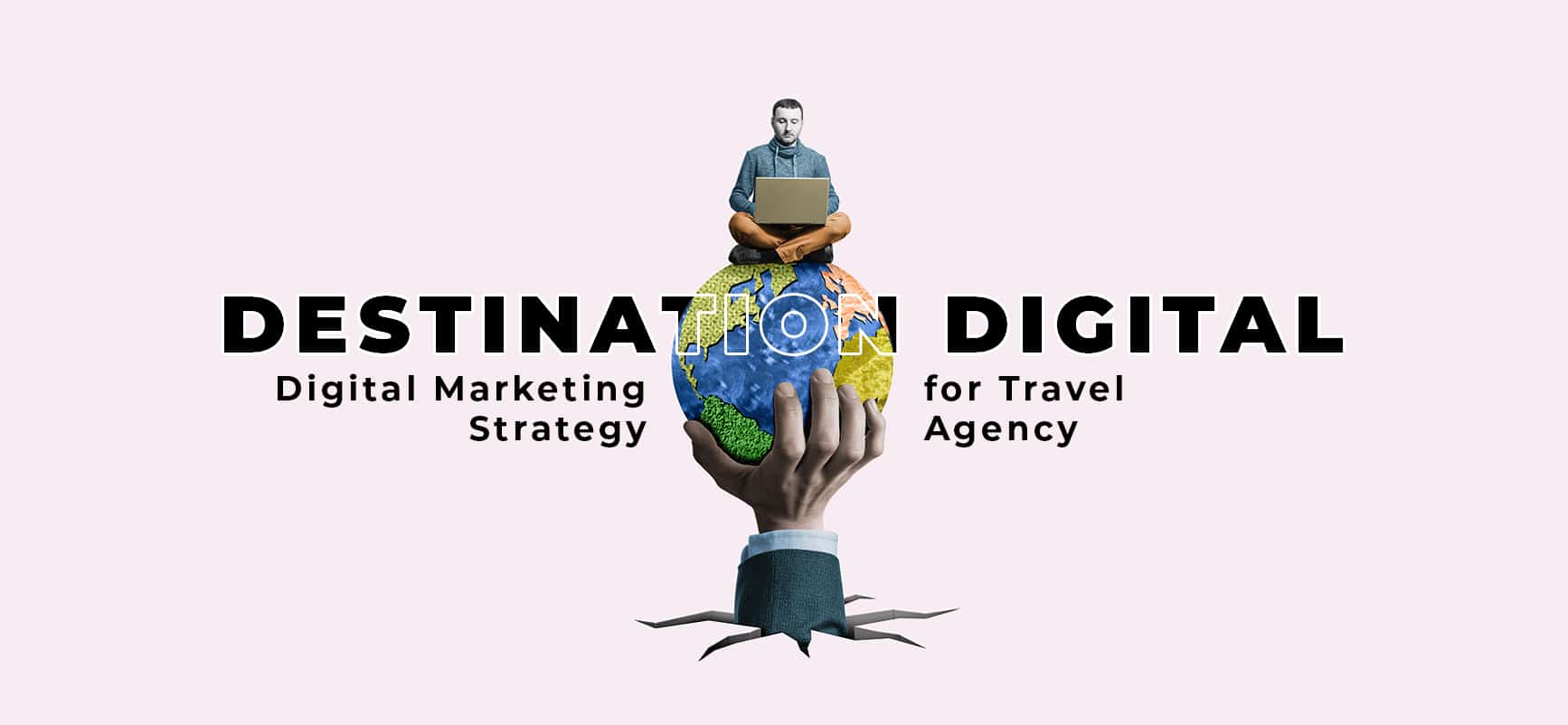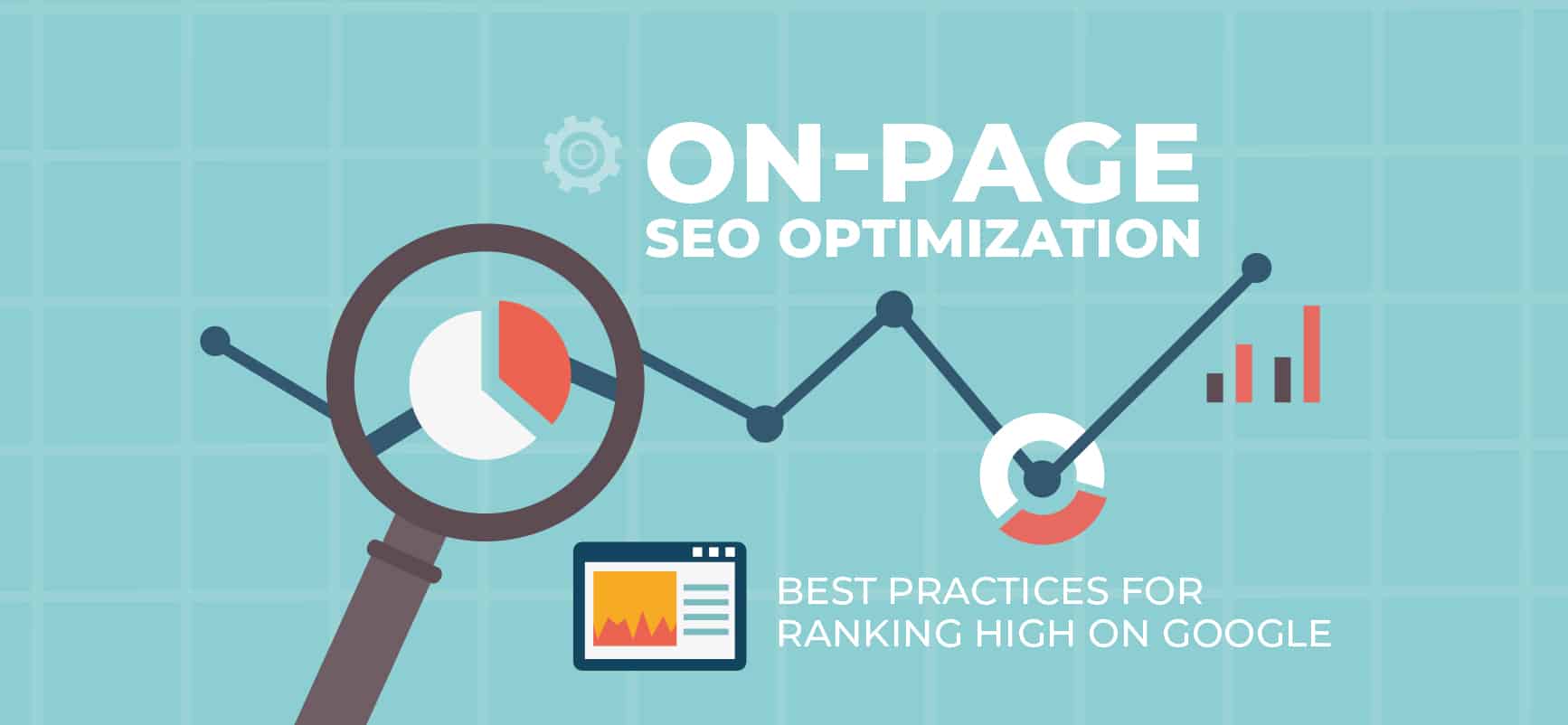Destination Digital: Digital Marketing Strategy for Travel Agency
Introduction
In an era where the allure of far-off lands is stoked by a constant flow of mesmerizing destinations flooding our social media feeds, the travel industry is experiencing an unprecedented surge. However, with this surge comes fierce competition that demands travel agencies to rise above the crowd in captivating ways.
Enter the game-changer: digital marketing. The magic wand allows businesses to connect with a global audience with pinpoint accuracy and unparalleled efficiency. The COVID-19 storm brought unforeseen challenges to the travel industry, yet within this storm, the spotlight shone brightly on the pivotal role of digital marketing. Now, as travel restrictions loosen their grip and the world unfolds its wonders once more, agencies embracing the prowess of digital marketing are not merely surviving but thriving.
In this article, we embark on a journey through the landscape of 2024, exploring digital marketing strategies tailored for travel agencies. These aren’t just tools; they’re the secret ingredients to attract customers and cultivate a fiercely loyal fan base. Whether you’re a seasoned maestro in the travel industry or a bold newcomer, these insights promise to be your compass, guiding you to new heights in the vast and ever-evolving realm of travel marketing. Ready to turn heads and jet-set your agency into unparalleled success? Let’s dive in.
Table of Contents
13 Effective Digital Marketing Strategy for Travel Agency in 2024
Incorporating these 13 proven strategies into your digital marketing plan will boost lead generation and solidify your travel agency’s position in the competitive online landscape. Embrace the digital transformation, connect with your audience effectively, and watch your travel agency soar to new heights in the digital realm.
Never Underestimate the Power of a Good Website: Your website is the face of your travel agency in the digital realm. It should be visually appealing, user-friendly, and provide comprehensive information about your services. An intuitive and well-designed website establishes credibility and encourages visitors to explore further.
Responsive Design: It is crucial to make your website user-friendly and accessible across various devices.
User-Friendly Navigation: Create an intuitive navigation structure for easy exploration.
Compelling Visuals: Use high-quality images and engaging visuals to showcase destinations and services.
Clear Call-to-Action (CTA): Implement clear and strategically placed CTAs to encourage bookings.
Mobile Optimization to Reach a Broader Customer:
In an era where most internet users utilize smartphones, ensuring your website is optimized for mobile is imperative. Adopting a responsive design is crucial for providing a smooth user experience, simplifying the process for potential customers to browse and make bookings while on the move.
Responsive Design: Ensure your website effortlessly adjusts to diverse screen sizes.
User-Friendly Mobile Booking: Streamline the booking process for mobile users with an interface that is easy to navigate.
Fast Loading Times: Optimize website speed for quick access, especially on mobile networks.
Content Marketing is Still a King:
Create compelling and helpful content that sits right with your target audience. Blogs, articles, and travel guides not only showcase your expertise but also contribute to your website’s SEO, driving organic traffic.
Blog and Articles: Regularly publish relevant and informative content about travel destinations, tips, and industry trends.
SEO Optimization: Use targeted keywords to improve search engine visibility and drive organic traffic.
Storytelling: Share compelling stories and experiences to connect emotionally with your audience.
Focus on Social Media Marketing and Visual Appeal:
Leverage the power of social media platforms to showcase stunning visuals of travel destinations, customer testimonials, and exclusive offers. Engage with your audience on social channels like Facebook, Instagram, Snapchat, and Twitter to build a community around your brand.
Visual Content: Share visually appealing images, videos, and infographics showcasing travel destinations and experiences.
Consistent Branding: Make sure your social media presence is consistent across all platforms.
Engagement: Actively participate with your audience through comments, messages, and social media polls.
Paid Promotion with Influencers for Trust Building:
Collaborate with influencers in the travel niche to promote your services. Influencers can provide authentic experiences and reviews, building trust among their followers and driving potential customers to your agency.
Influencer Collaboration: Identify and collaborate with influencers who align with your brand and target audience.
Authenticity: Encourage influencers to share genuine experiences and reviews to build trust.
Exclusive Offers: Provide influencers with exclusive offers or discounts to share with followers.
Use YouTube to Share Stories:
Create visually appealing and informative videos about travel destinations, tips, and behind-the-scenes glimpses of your agency. YouTube is a powerful platform to capture the attention of potential travelers and establish your agency as an authority in the industry.
Engaging Videos: Create captivating and informative videos about travel destinations, tips, and unique experiences.
Consistent Upload Schedule: Maintain a regular upload schedule to engage your audience.
Collaborations: Collaborate with travel vloggers or other content creators to expand your reach.
Use Email Marketing for Customer Retention:
Build a strong email marketing strategy to engage your existing customers. Send personalized offers, travel updates, and exclusive deals to foster a sustainable relationship with your clients.
Personalization: Tailor emails based on customer preferences, past bookings, and interests.
Exclusive Offers: Provide subscribers with exclusive deals, early access to promotions, and personalized recommendations.
Segmentation: Divide your email list into segments for targeted and relevant communication.
Monitor and Manage Customer Review:
Monitor and manage your online reputation diligently. Positive customer reviews and testimonials create trust, and addressing negative feedback promptly demonstrates your commitment to customer satisfaction.
Review Monitoring: Regularly monitor online review platforms for feedback.
Prompt Responses: Address both positive and negative reviews promptly and professionally.
Encourage Reviews: Actively encourage happy and satisfied customers to leave positive reviews on various platforms.
Understand and Cater to the Customer’s Journey:
Map out the customer journey from the initial research phase to post-trip experiences. Tailor your marketing efforts to each stage, providing relevant information and incentives to guide potential customers through the conversion funnel.
Customer Personas: Create detailed customer personas to understand your target audiences’ needs and preferences.
Tailored Content: To guide decision-making, you must provide relevant information at each customer journey stage.
Remarketing: Implement remarketing strategies to re-engage users who have shown interest in your services.
Harness PPC Campaigns for High-Quality Leads:
Allocate resources to pay-per-click (PPC) advertising initiatives, directing them towards specific demographics with a keen interest in travel. Fine-tune your ad copies and landing pages for optimal results, ensuring that your efforts generate high-quality leads and maximize your return on investment.
Targeted Keywords: Use targeted keywords relevant to travel and specific destinations.
Compelling Ad Copy: Craft persuasive ad copy highlighting unique selling points and encouraging clicks.
Landing Page Optimization: Ensure the landing page is relevant, user-friendly, and encourages conversions.
In-flight Collaboration:
Collaborate with airlines to promote your travel agency’s services in-flight. Utilize in-flight magazines, entertainment systems, and announcements to capture the attention of travelers and encourage them to explore your offerings.
Collaboration with Airlines: Partner with airlines to feature your travel agency in in-flight magazines, announcements, and entertainment systems.
Exclusive Offers: Provide in-flight exclusive offers or discounts to capture travelers’ attention.
Brand Presence: Build a strong brand presence through promotional materials and advertisements during the flight.
Be Agile to Adapt to Market Trends:
Make sure you’re up to date on the latest travel trends. Whether it’s new technologies, emerging destinations, or changing customer preferences, adapting to market trends ensures your travel agency remains relevant and appealing to a diverse audience.
Continuous Research: Stay updated on industry trends through market research and competitor analysis.
Adopting New Technologies: Embrace emerging technologies, such as virtual reality for virtual destination tours or AI-powered chatbots for customer support.
Flexibility: Be flexible in adapting your services to changing customer preferences and market dynamics.
Once you have the leads, what’s next?
Qualify, Score, and Distribute: After putting in the effort to acquire travel leads, the next crucial step is managing them effectively. Start by qualifying leads to identify those ready for a conversation with a sales representative, saving time and resources. Once qualified, score leads based on their perceived readiness to purchase. A higher score indicates a “hotter” lead, prompting sales reps to prioritize these opportunities. Consider using a lead management platform for seamless automation in qualifying, scoring, and distributing leads as soon as they enter your pipeline.
Follow-Up Strategy: Don’t underestimate the power of persistent follow-ups. Research suggests that it takes an average of 16 touchpoints to effectively engage a prospect, with most sales occurring after the 5th point of contact. Unfortunately, many sales representatives only make two attempts to reach a prospect, missing out on significant opportunities. By efficiently qualifying, scoring, and distributing leads, each sales rep can identify their best opportunities and develop a targeted follow-up strategy. Responding to leads within five minutes is crucial, increasing the likelihood of connecting with them and kickstarting the sales cycle. A rapid response time makes you nine times more likely to communicate with prospective clients, emphasizing the importance of a proactive follow-up approach.
Can an agent do it all alone?
A travel agent’s responsibilities are multifaceted and often demand an intense focus on operational aspects, leaving little time or attention for the marketing strategies that contribute to a robust online presence. Recognizing travel agencies’ challenges in managing their digital marketing strategies, PROVEN 360, a boutique digital marketing agency, emerges as a valuable ally.
PROVEN 360 adopts a strategic approach to digital marketing, aligning efforts with the specific goals and vision of the travel agency. From lead generation to customer retention, our agency tailors its strategies to enhance your travel agency’s online visibility and brand reputation. PROVEN 360 fosters transparent communication with its clients. Travel agencies partnering with the agency benefit from regular updates, performance reports, and collaborative discussions to ensure that the digital marketing efforts align seamlessly with the overall business objectives.







